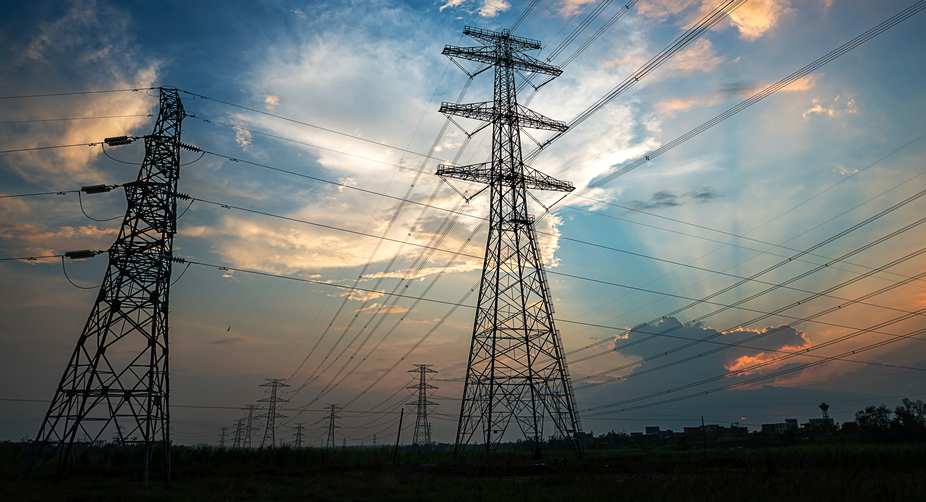No casualties reported in Russia’s Orsk city after dam breach
During the meeting, a decision was made to cut off electricity in areas at risk of flooding if water levels reach a critical height, according to regional authorities.

(Getty Images)
Shimla, 28 April — Coal sector reforms as improvement in coal quality and efficiency in the supply chain has brought the cost of power from coal-powered plants in the country, an official of Satluj Jal Vidyut Nigam (SJVN) said on Friday.
The official said that the reforms initiated by the Central government headed by Prime Minister Narendra Modi are beginning to pay now. “In spite of revisions in coal prices, central cess and railway freight in the last three years, the cost of power from coal powered plants has come down due to the reforms brought in the sector,” he said.
He said that the decline in the cost of power has accrued mainly from power stations burning less coal to generate each unit of electricity on the assured quality of domestic fuel.
Advertisement
“There is also import substitution worth Rs 23,349 Crore which saves fuel costs. Since the cost of coal makes up 54-60 per cent of the price charged by power producers and is passed on to consumers, coal consumption has a bearing on tariffs and environmental dividend in terms of emissions,” he said.
The SJVN official said, according to government data, power stations are now burning 8 per cent less coal than they used to three years ago for each unit of electricity.
“The Union Minister of Power Piyush Goyal, who also happens to be the minister in charge of Coal Ministry, has brought massive changes in the sector due to which India had become power surplus from chronic power shortage. The record capacity addition of around one-fifth of current conventional power capacity and the solar power capacity addition of 157 per cent in the last two years led to a boost in power generation,” he said.
He added the highest-ever increase in transmission lines and sub-stations improved the transmission scenario, resulting in energy deficit falling to lowest ever of 2.1 per cent in 2015-16.
Advertisement